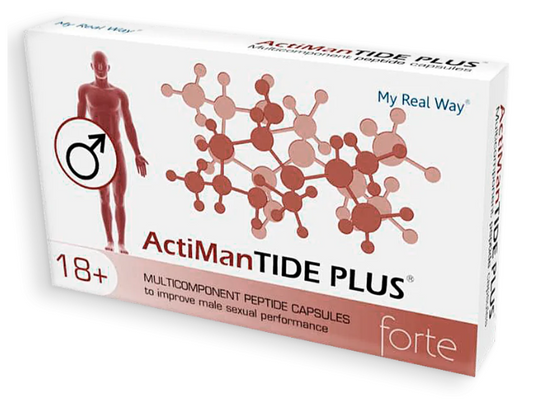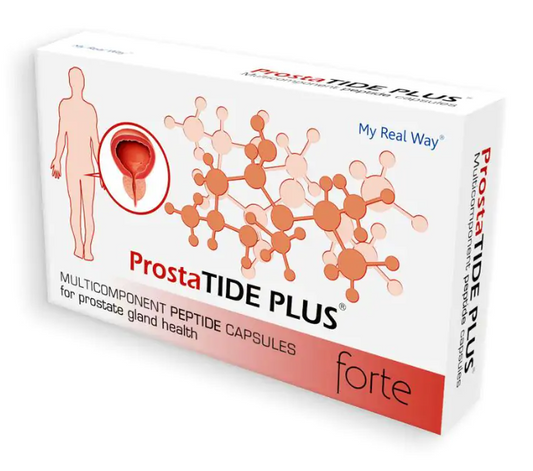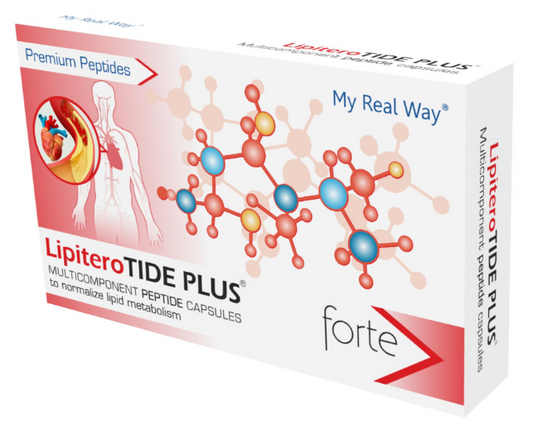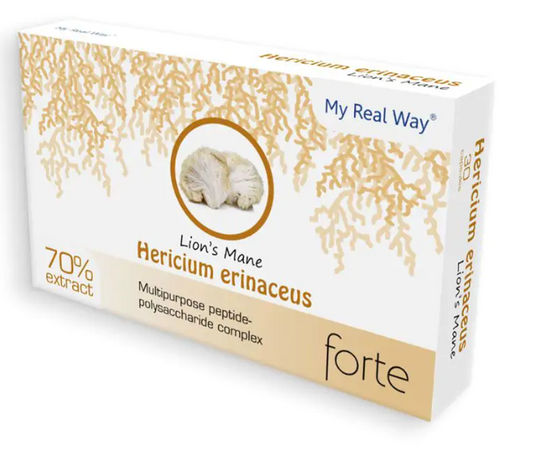
Changes in male reproductive function with age and how to maintain men's health.
Share
The "biological clock" is most often discussed in the context of women, but age also affects the reproductive system of men.
After 35 years of age, male fertility gradually decreases – the hormonal balance, sperm quality, and overall health of the body change.
What changes occur in the male reproductive system?
With age:
- Testosterone levels decrease (by 1–3% annually after 30–35 years of age).
- Sperm count and motility are decreasing.
- There may be a decrease in libido, sensitivity, and erectile dysfunction may occur.
- Due to impaired blood circulation, organs receive less oxygen.
These processes are accompanied by common symptoms such as fatigue, insomnia, irritability, and sweating. This condition is called andropause , or male menopause.
What accelerates the aging of the reproductive system?
- Excess of free radicals (stress, UV rays, poor diet, alcohol, smoking).
- Obesity and low physical activity.
- Ignoring chronic illnesses or urinary tract infections.
- Deficiency of vitamins E, A, and C.
These factors not only reduce testosterone levels, but also worsen sperm quality and blood circulation in the pelvic area.
How to maintain men's reproductive health?
A balanced diet, regular physical activity, sufficient rest, and natural support for the body are important.
"My Real Way" program – supporting the male reproductive system.
Created to restore hormonal balance, promote blood circulation, and maintain energy naturally – without synthetic hormones or doping substances.
Recommended peptide bioregulators:
- ActiManTIDE PLUS forte – for energy, testosterone balance and vitality.
- ProstaTIDE PLUS forte – to support prostate function and comfort.
- VessTIDE PLUS forte – for vascular health and improved circulation.
Natural support, based on peptide bioregulation, helps maintain men's reproductive health, well-being, and self-confidence at any age.










